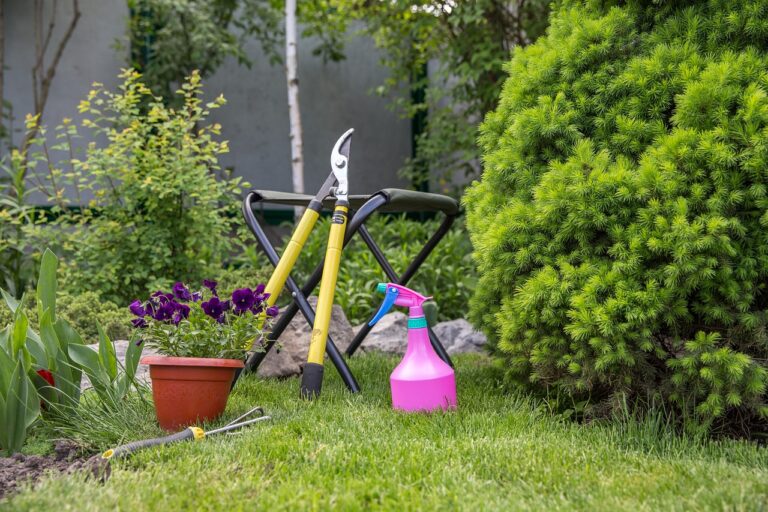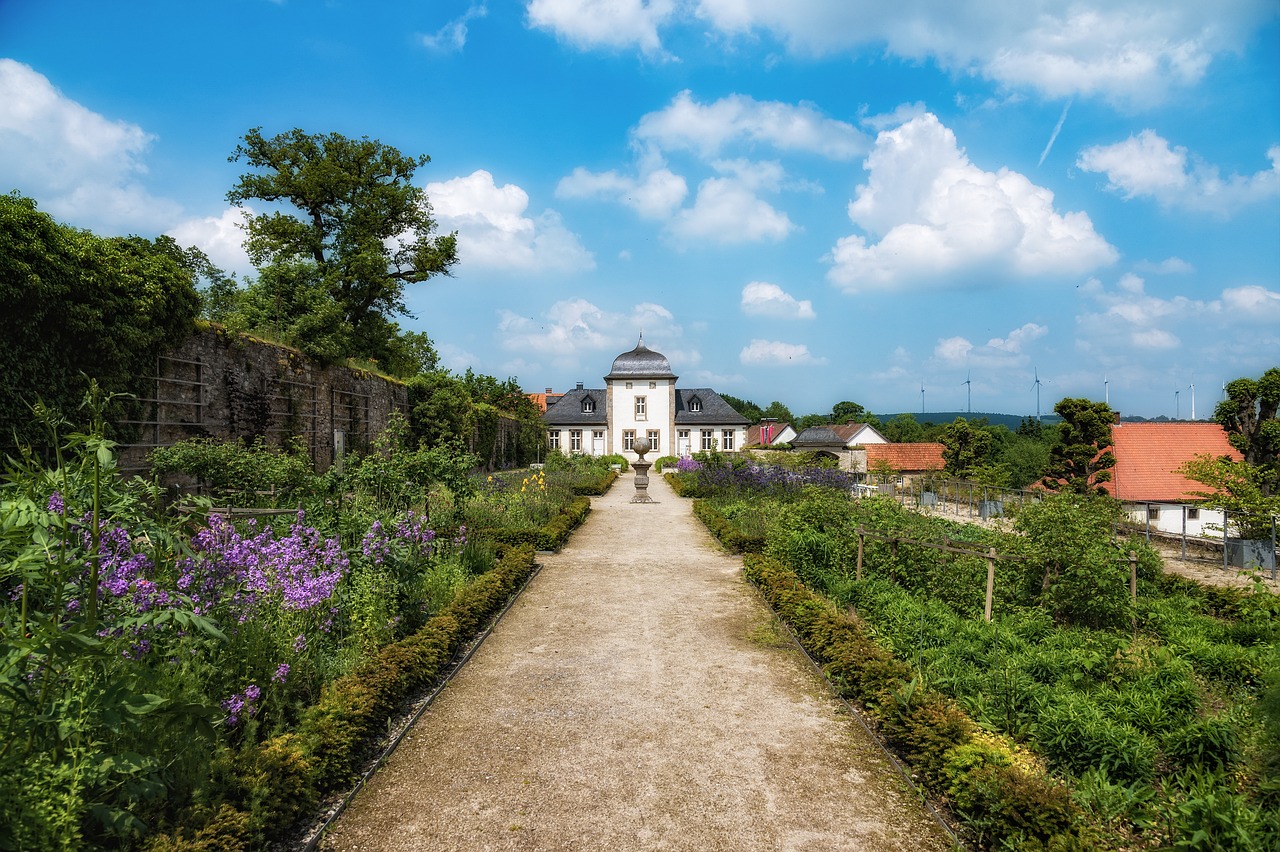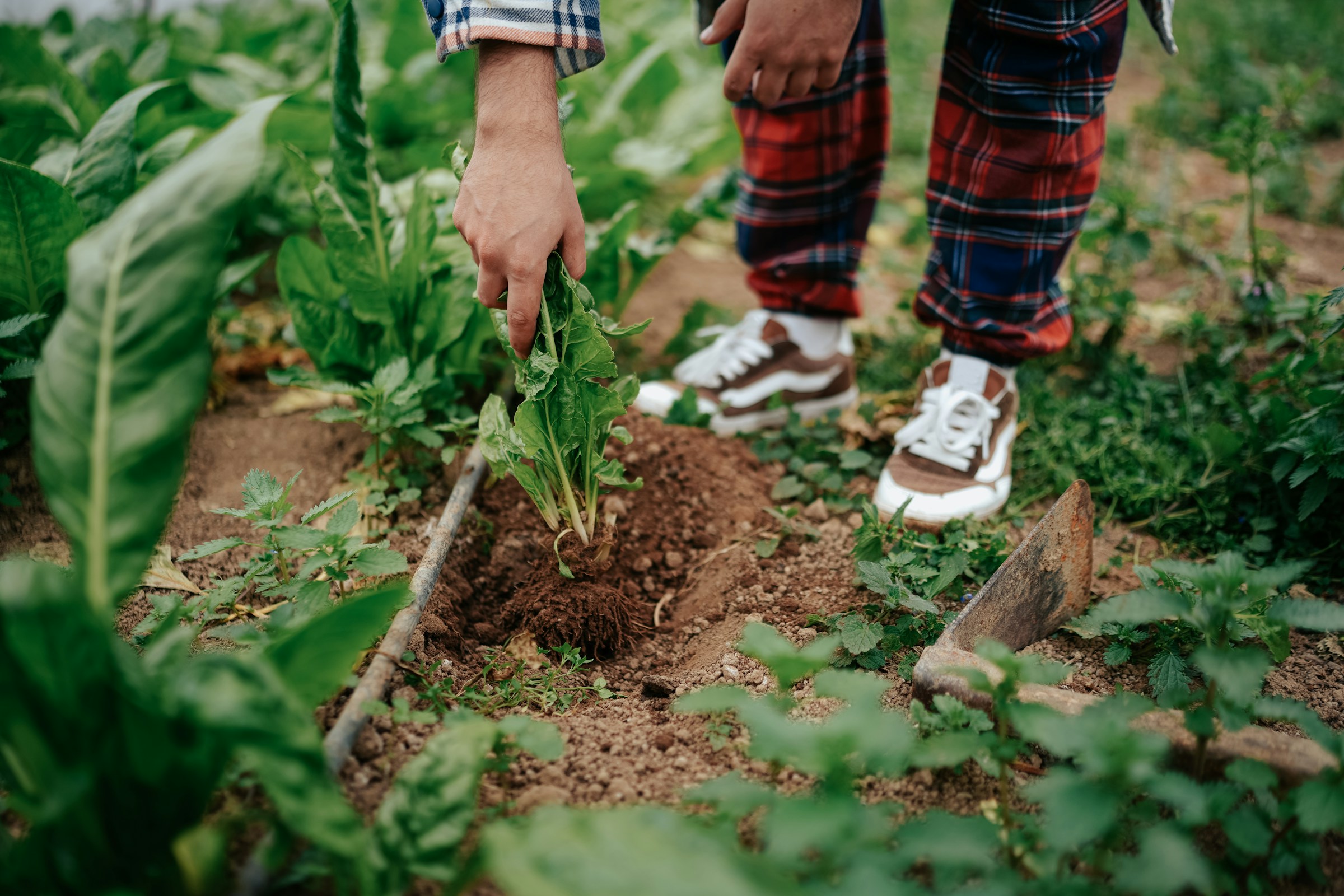In the realm of horticulture, a new trend is taking root. It’s called smart gardening.
This innovative approach integrates technology into traditional gardening practices. It’s not just about convenience, but also about efficiency and sustainability.
Smart gardening techniques can transform your garden into a thriving, self-sustaining ecosystem. They can also make urban gardening more feasible and productive.
In this article, we delve into the world of smart gardening. We explore how technology can enhance green gardening and contribute to sustainable urban living.
Whether you’re a seasoned gardener or a tech enthusiast, you’ll find this guide enlightening. Let’s embark on this journey to discover how smart gardening can revolutionize our relationship with nature.
The Emergence of Smart Gardening
The concept of smart gardening is a response to modern challenges. As urban spaces grow, traditional gardening faces new hurdles.
Smart gardening techniques offer solutions to these challenges. They leverage technology to optimize plant growth and conserve resources.
The integration of sensors, automated systems, and data analytics has revolutionized gardening. These tools provide real-time insights into plant health and environmental conditions.
This approach is not limited to urban gardening. Even rural and commercial agriculture can benefit from smart gardening systems.
The emergence of smart gardening signifies a shift in our relationship with nature. It’s about harmonizing technology with natural processes to create more resilient and productive gardens.
Core Benefits of Smart Gardening Systems
Smart gardening systems offer numerous benefits. They enhance efficiency, sustainability, and productivity in gardening.
One of the key advantages is water conservation. Automated irrigation systems deliver water precisely where and when it’s needed. This reduces wastage and ensures optimal plant growth.
Smart gardening also contributes to plant health. Sensors monitor soil moisture, light, temperature, and nutrient levels. This data helps gardeners make informed decisions about plant care.
Here are some additional benefits of smart gardening systems:
- Improved understanding of plant growth patterns through data analytics
- Enhanced food production and consumption
- Economic benefits through resource conservation
- Psychological benefits of green gardening
- Potential for disease and pest prediction
- Support for biodiversity and wildlife populations
- Contribution to food resilience in disaster-prone areas
- Reduction in the use of chemical fertilizers and pesticides
- Potential for integration with renewable energy sources
- Scalability for different garden sizes and types
- Enhancement of urban spaces’ aesthetic value
- Adaptability to different climates and environments
- Support for the circular economy through recycling and composting
- Preservation of heritage plant varieties and genetic diversity
- Reduction of food waste through precise harvesting and storage techniques
- Connection of people with the origins of their food
- Education of future generations on sustainability and technology
- Part of larger smart city initiatives
These benefits make smart gardening an attractive option for both urban dwellers and commercial farmers.
Smart Gardening Techniques for Urban Spaces
Urban spaces often present unique challenges for gardening. Limited space, pollution, and lack of natural soil are common issues. However, smart gardening techniques can turn these challenges into opportunities.
Vertical farming is one such technique. It maximizes the use of vertical space to grow plants. This is particularly useful in urban environments where horizontal space is limited.
Another technique is the use of smart pots and planters. These containers have built-in sensors to monitor soil conditions. They can even automate watering and nutrient delivery, ensuring optimal plant health.
Finally, urban gardeners can benefit from mobile apps. These apps provide plant care advice, reminders for watering and fertilizing, and even disease identification. With these smart gardening techniques, even the smallest urban space can become a thriving garden.
Tools of the Trade: Smart Gardening Gadgets and Apps
The world of smart gardening is rich with innovative tools and applications. These gadgets not only simplify gardening tasks but also enhance the health and productivity of your garden.
One of the most popular tools is the soil sensor. These devices measure soil moisture, light, temperature, and nutrient levels. They provide real-time data, helping gardeners make informed decisions about watering, fertilizing, and planting.
Another essential tool is the automated irrigation system. These systems use data from soil sensors to water plants precisely when needed. This not only conserves water but also prevents overwatering, a common cause of plant disease.
Smart gardening also extends to pest control. There are devices that use artificial intelligence to predict and identify pest infestations. These tools can alert gardeners early, allowing for timely intervention.
Here are some popular smart gardening apps and gadgets:
- Soil sensors (e.g., Edyn, PlantLink)
- Automated irrigation systems (e.g., Rachio, RainMachine)
- Pest prediction devices (e.g., Trapview)
- Gardening apps (e.g., SmartPlant, Gardenize)
With these tools, gardeners can harness the power of technology to create a thriving, sustainable garden.
Water Management and Conservation in Smart Gardening
Smart gardening plays a crucial role in water management and conservation. With the advent of technology, gardeners can now use precise amounts of water, reducing wastage and promoting sustainability.
Automated irrigation systems, for instance, use data from soil sensors to water plants only when necessary. This not only conserves water but also prevents overwatering, a common cause of plant disease.
Moreover, smart gardening promotes the use of rainwater harvesting systems. These systems collect and store rainwater for later use, further reducing the reliance on municipal water supplies. This is particularly beneficial in urban areas where water resources are often scarce.
The Role of Data Analytics in Garden Optimization
Data analytics is a powerful tool in smart gardening. It allows gardeners to understand plant growth patterns, optimize garden performance, and make informed decisions.
By analyzing data from sensors and monitors, gardeners can track soil moisture, light, temperature, and nutrient levels. This information can be used to adjust watering schedules, change plant locations, or modify nutrient inputs, leading to healthier plants and higher yields.
Furthermore, predictive analytics can help anticipate plant diseases and pest infestations. By identifying patterns and trends, gardeners can take preventive measures, ensuring the longevity and productivity of their garden.
Smart Gardening Workshops: Education and Community Building
Smart gardening workshops play a crucial role in spreading knowledge and skills. They provide a platform for individuals to learn about smart gardening systems, techniques, and benefits.
These workshops also foster community engagement. They bring together gardening enthusiasts, technology adopters, and professionals in the agricultural sector, promoting collaboration and exchange of ideas.
Moreover, smart gardening workshops contribute to sustainable urban living. They educate individuals on green gardening practices, water conservation, and the importance of biodiversity, paving the way for self-sufficient communities.
The Future of Smart Gardening: Trends and Innovations
The future of smart gardening is promising, with potential technological advancements on the horizon. Artificial intelligence, for instance, is expected to play a significant role in predicting plant diseases and pest infestations.
Moreover, the integration of smart gardening techniques with renewable energy sources is a trend to watch. This could lead to more sustainable and energy-efficient gardening practices.
Lastly, the concept of vertical farming, which is closely related to smart gardening techniques, is gaining traction. It offers a solution to space constraints in urban areas, potentially revolutionizing urban gardening.
Conclusion: The Symbiosis of Technology and Nature
In conclusion, smart gardening represents a harmonious blend of technology and nature. It enhances traditional gardening practices, making them more efficient and sustainable.
As we move forward, the integration of smart gardening techniques will be crucial in addressing environmental challenges and promoting a healthier, greener future.










